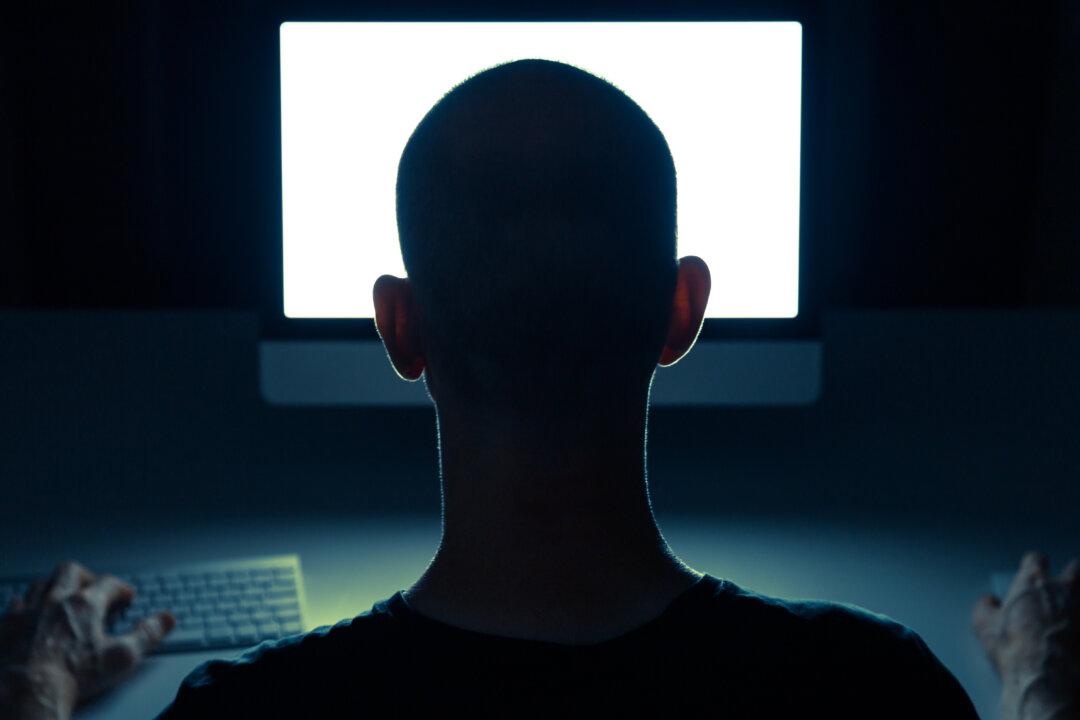The Australian government’s move to introduce new legislation that forces social media platforms to disclose the identities of online trolls has been criticised as being ineffective in tackling how harmful comments spread online.
If passed, the new legislation would become one of the worlds strongest laws on online trolling, with social media companies considered publishers and held liable for defamatory comments posted on their platforms. However, the companies can avoid liability if they reveal the identity of individuals accused of defamation, which would allow legal proceedings to commence against the individual responsible for the trolling.





